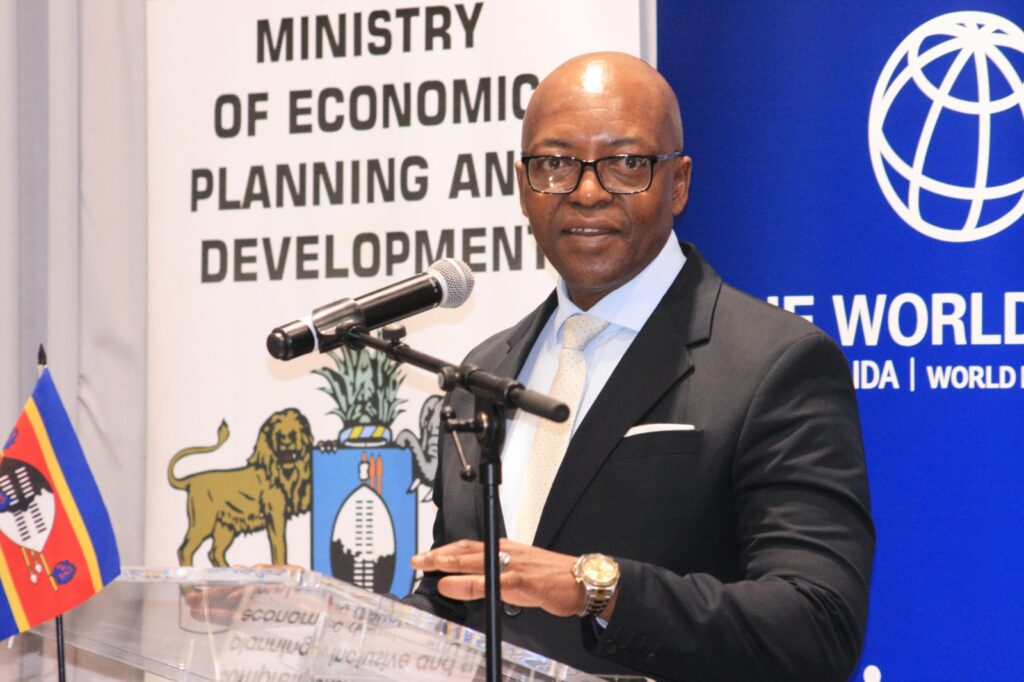
By Phiwa Sikhondze
Eswatini needs a comprehensive growth strategy to meet its development aspirations. This is according to a World Bank Group Study conducted in collaboration with the government of Eswatini.
Business Eswatini and the World Bank convened key stakeholders from government and private sector at the Hilton Garden Inn in Mbabane on July 4, 2024, to discuss the, “In Search of the Drivers of Inclusive Growth, Study.“ The report sets out strategies for setting Eswatini on a path towards higher growth, which would, in turn, unlock jobs and economic opportunities for the unemployed.
The Keynote Speaker on the day was the World Bank Group Vice President, Eastern & Southern Africa, Dr Victoria Kwakwa.
The findings of the study highlight the need to encourage productive investments, technology adoption; enhanced skills in the labor force; improved access to finance; enhanced connectivity to access external markets; and upgrading of public sector performance.
The meeting discussed findings from the report and ways in which the government and private sector can generate a virtuous cycle of growth. Priority sectors highlighted for specific focus include digital services, eco-tourism, and agribusiness.
The dialogue further explored ways for the World Bank to support and bolster Eswatini’s development. Eswatini remains one of the growing economies in the world, Real GDP rebounded to an estimated 4.8% in 2023 from 0.5% in 2022, driven by an increase in services and exports.
“By adopting intentional policies that stimulate investments in physical and human capital with a focus on productivity enhancement; Eswatini can set itself on a path of economic transformation. The World Bank is ready to support the government to create a business-ready environment with both financial and technical assistance,” Dr. Victoria Kwakwa said when making her remarks.
The World Bank’s Vice President emphasized Eswatini’s promising economic trajectory, noting that the country is on the cusp of a significant economic take-off. Dr. Kwakwa’s remarks highlighted the potential for Eswatini to transform into an upper-middle-income country, with a society and economy poised for comprehensive transformation.
The Vice President acknowledged the challenges faced by Eswatini in the past but noted the current positive indicators, such as the interest from foreign direct investors and the presence of multinational corporations like Coca-Cola and Kellogg’s. This is particularly noteworthy as foreign direct investment flows are generally declining across Africa.

Dr. Kwakwa emphasized the importance of leveraging Eswatini’s strategic advantages, including its access to energy and proximity to major markets like South Africa and the broader Southern African region. She pointed out that despite being a small, landlocked country, Eswatini has the potential to tap into these markets effectively.
She stated that Economic theory and historical evidence demonstrate that episodes of rapid and inclusive growth are difficult to sustain over a long period. “Thus, to boost the economy of Eswatini and make changes bold actions in policies and innovative approaches will be required to achieve immediate results and create momentum for reforms.”
